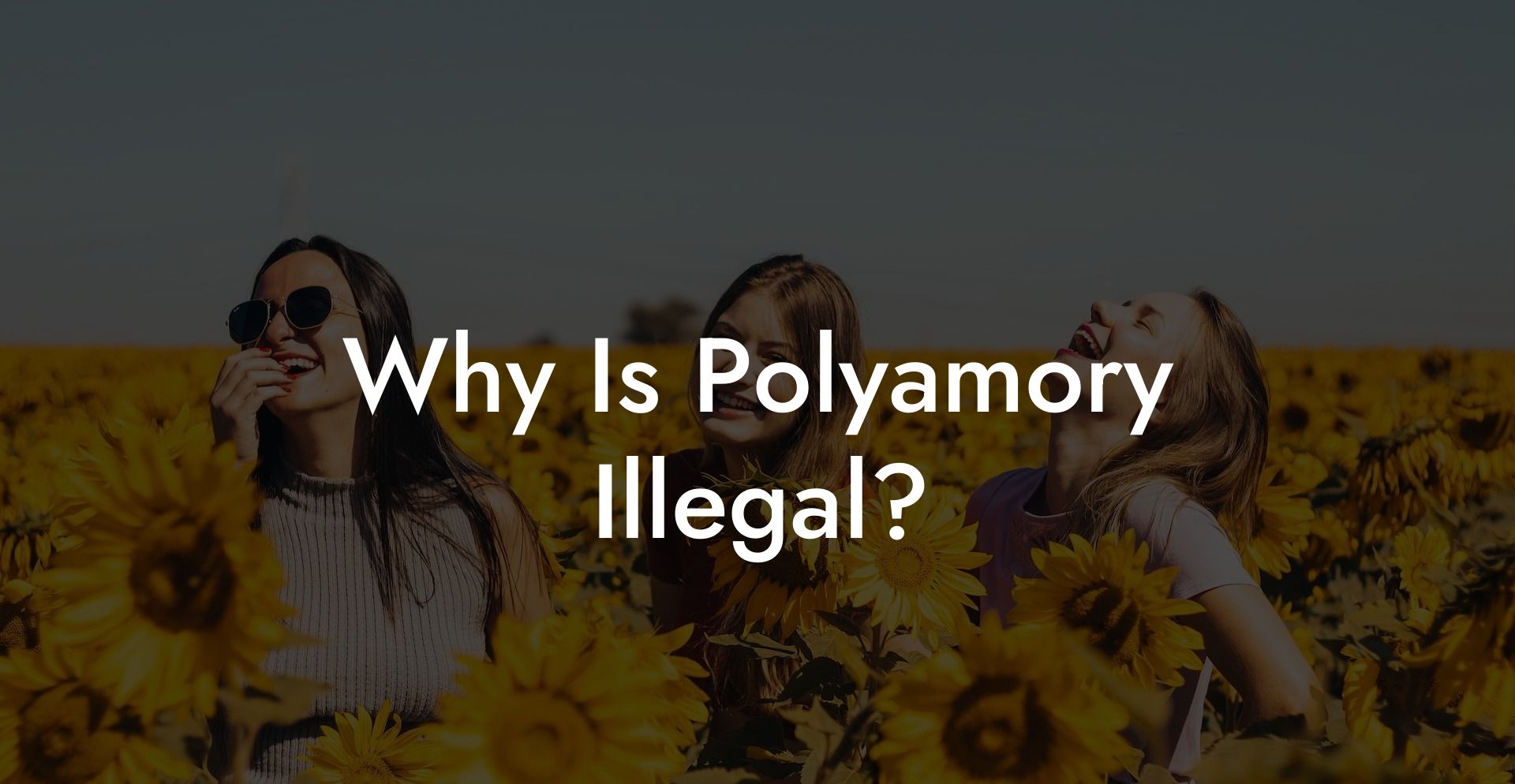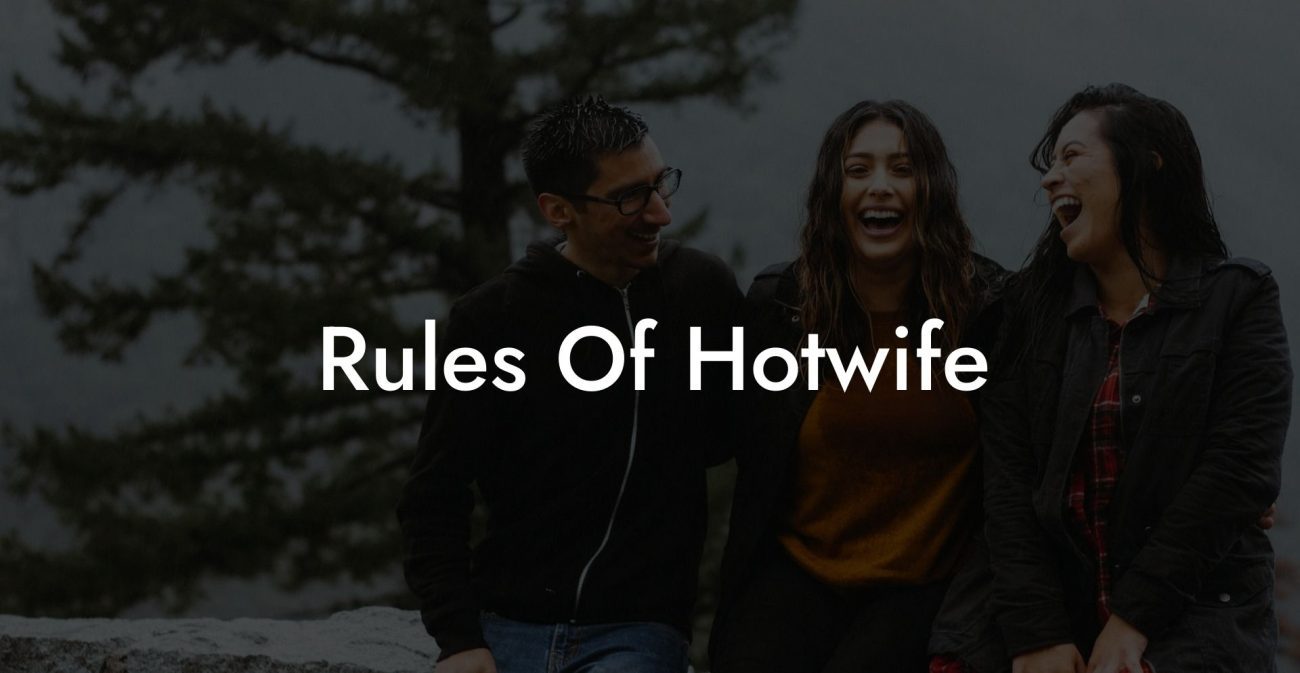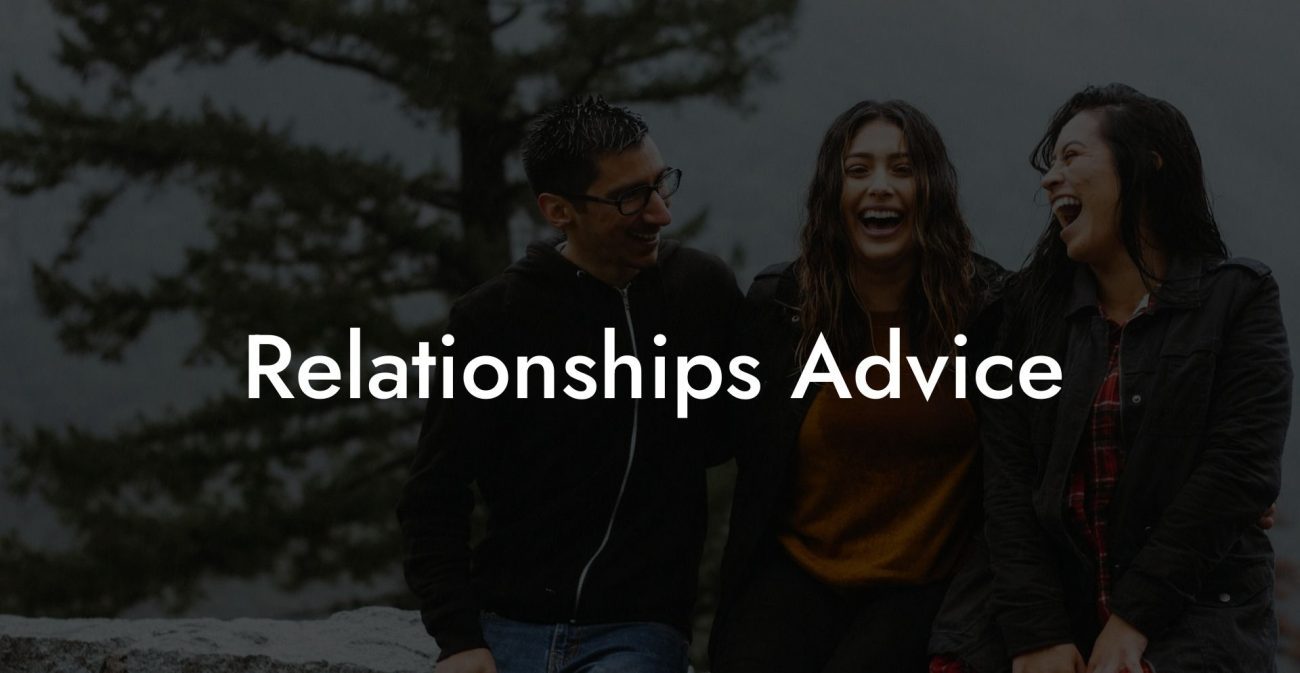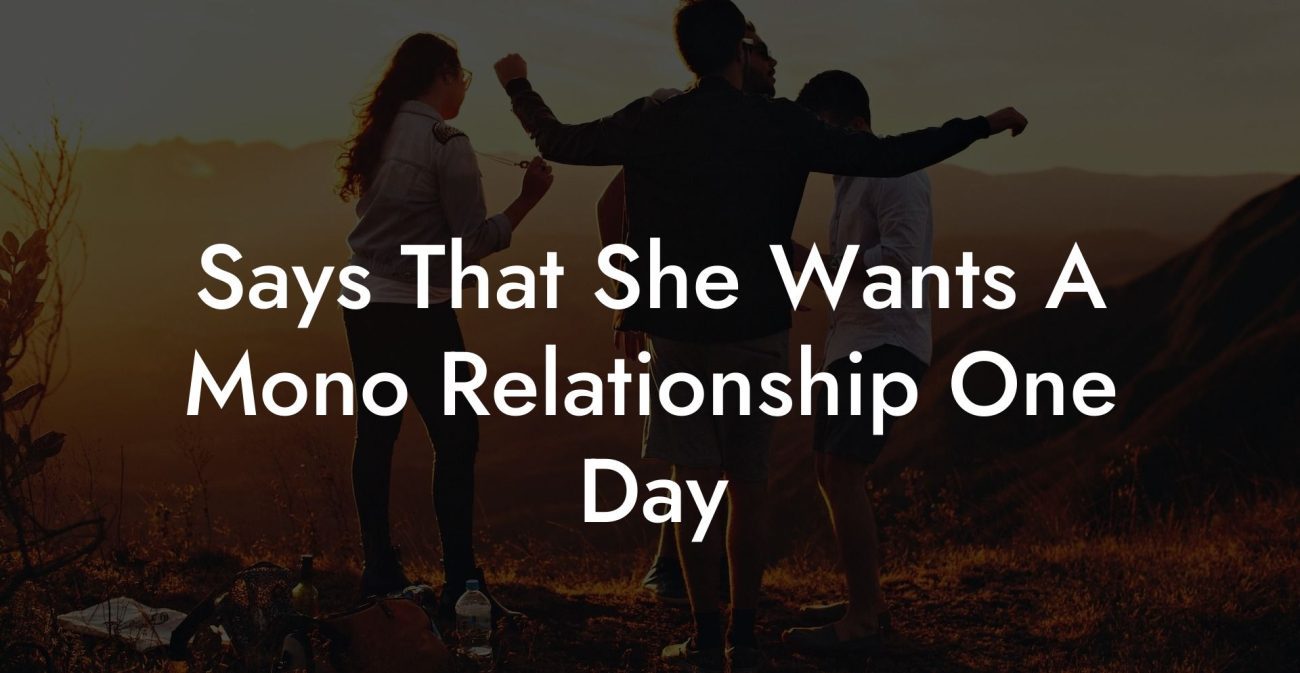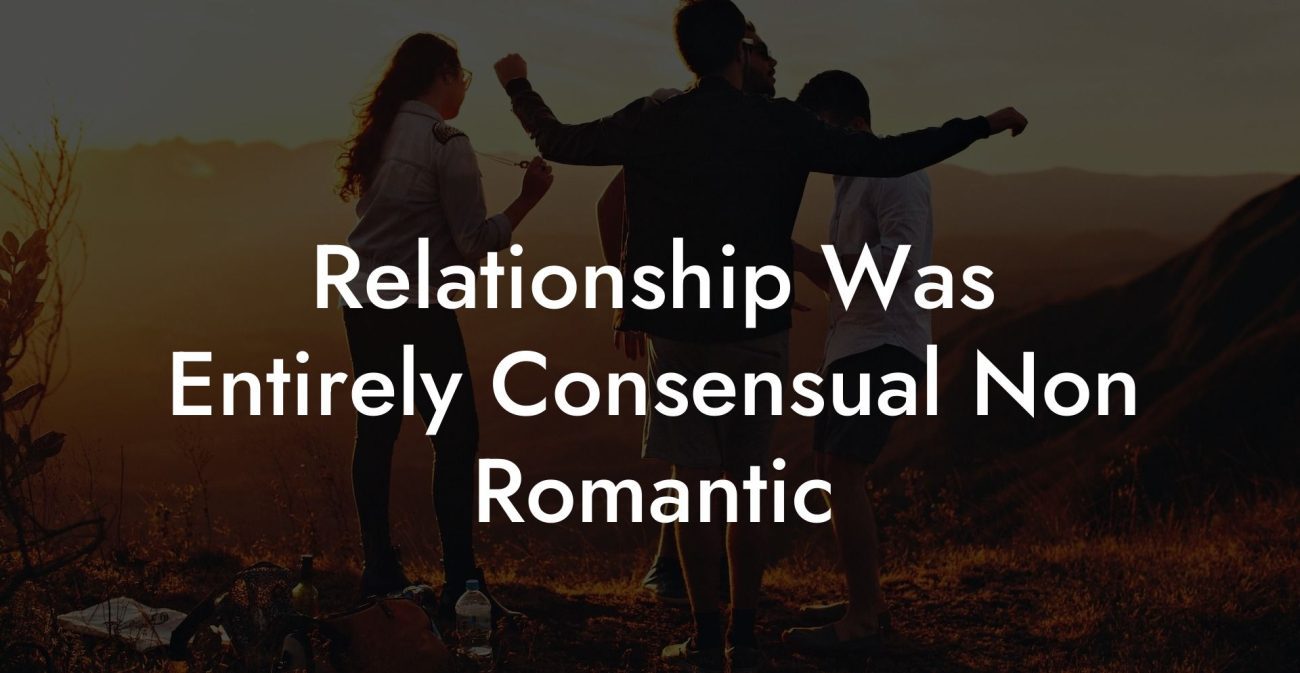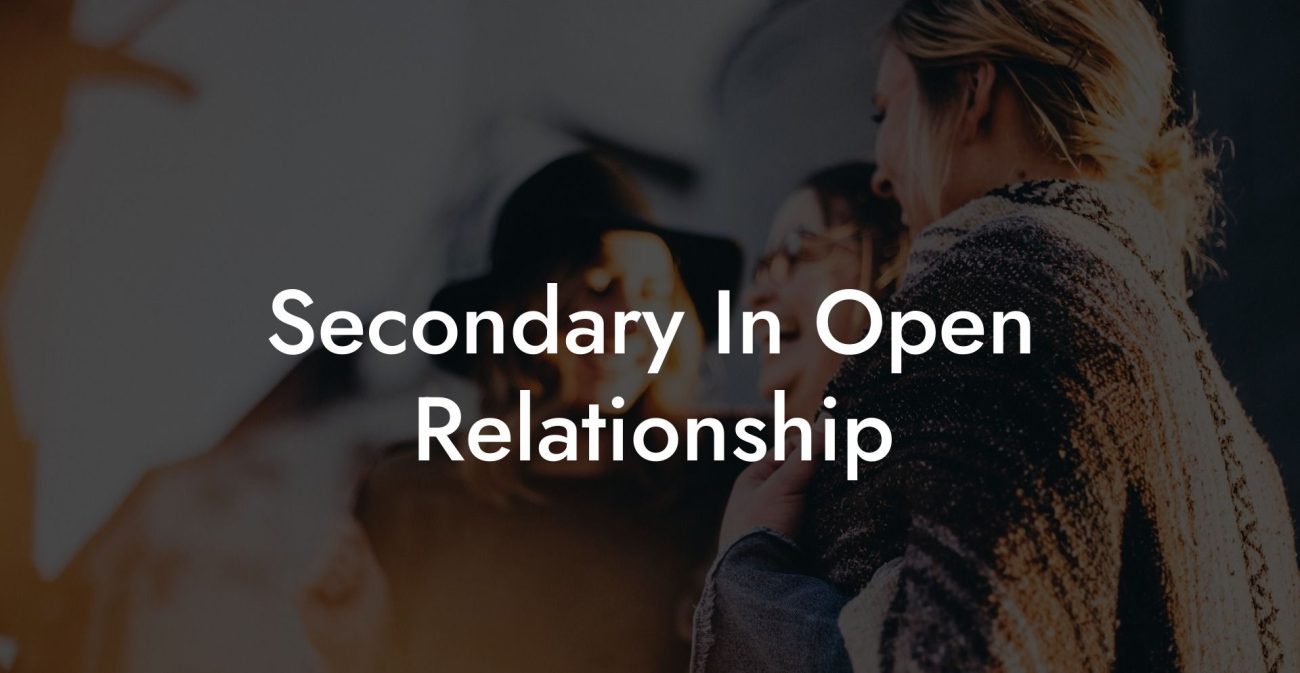Imagine a world where love knows no bounds, barriers, or limitations. Sounds idyllic, right? For many, polyamory represents the embodiment of such an ideal, free from the constraints of traditional monogamous relationships. However, despite the growing acceptance and understanding of polyamory, it remains illegal in many parts of the world. But why is this the case? In this article, we'll explore the historical, cultural, and legal factors that contribute to polyamory's illegality, and dive into its societal implications. So, let's embark on this enlightening journey of love, law, and acceptance with The Monogamy Experiment.
Why Is Polyamory Illegal Table of Contents
Historical and Cultural Factors
To better understand the illegality of polyamory, we must first turn to our history books. Historically, most societies and religions have advocated for monogamous relationships as the norm. Monogamy ascended as the prevailing relationship structure to maintain property rights, lineage, and inheritance in societies that valued these over non-monogamous relationships.
Monogamy also gained a moral and religious grip over time, with many faiths teaching that marriage should be between one man and one woman. This religious mindset contributes to the ingrained societal belief that polyamory is immoral, deviant, and unacceptable.
Legal Aspects
The most commonly cited reason for polyamory's illegality is its association with polygamy. Polygamy, the practice of having more than one spouse simultaneously, is illegal in many countries, including the United States. In these jurisdictions, anti-bigamy laws were enacted to discourage and criminalize such relationships.
While polyamory can exist without being married to multiple partners and is not synonymous with polygamy, the two are often confused. Many people incorrectly assume that polyamorous relationships always involve multiple spouses. This false association between polyamory and polygamy perpetuates the illegality of polyamory in many countries.
Discrimination and Stigma
As a result of historical, cultural, and legal factors, polyamorous individuals and relationships often face significant discrimination and stigma. Members of the polyamorous community may experience prejudice in various facets of life, from housing and employment to custody battles and healthcare access.
The stigma surrounding polyamory discourages people from openly discussing their relationships and experiences, perpetuating the lack of understanding and acceptance. This stigma further contributes to the continued illegality of polyamorous relationships in many parts of the world.
Polyamory in the United States
In the United States, polyamory itself is not illegal; however, polygamous marriages are not recognized, and engaging in multiple marriages is considered a criminal offense. Compounding the issue, many people still do not understand the difference between polyamory and polygamy, which fuels the misunderstanding and negative outlook on polyamorous relationships.
As a result, polyamorous individuals face numerous challenges in seeking legal protections for their relationships, such as custody disputes, estate planning, and healthcare access. These legal obstacles reflect the extensive societal stigma towards non-monogamous relationships and highlight the need for further education and understanding.
It's clear that the illegality of polyamory is a complex issue, deeply rooted in history, culture, and societal norms. By understanding the reasons behind its illegality, we can begin to challenge these outdated perspectives and move towards a more accepting, inclusive world for all forms of love.
If you found this guide insightful, please share it with your friends and loved ones. Also, be sure to explore our other guides on The Monogamy Experiment for a deeper understanding of the world of relationships. Together, let's challenge the stigma and champion the freedom of love in all its forms.

